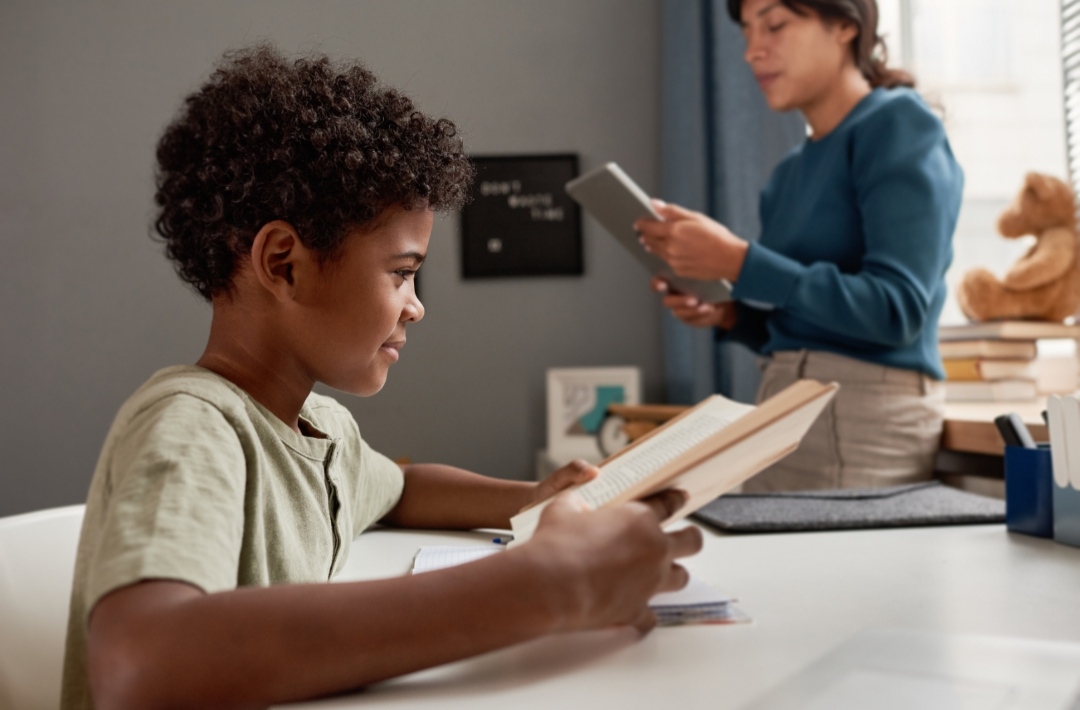By Dr. Dhanalakshmi N.
Ph.D. (N), PG Psychological Counselling, M.Sc. Psychology
Introduction
When things don’t follow a pattern or make sense, kids become curious. Children have a natural desire for knowledge. Curiosity may provide an explanation for a child’s how, what, when, where and why questions. Children want to immediately understand the fundamentals of how things operate or understand why something is happening. A child that is naturally interested will always be open to new experiences and be imaginative, especially when dealing with everyday items.
In light of this, if your child frequently asks you questions, it means that she is beginning to think and that the natural progression of her cognitive growth has begun. You would be increasing your child’s knowledge when you answer the questions patiently. Curiosity is a good thing in children. But when children ask one question after another, sometimes you could lose your temper. However, the ability to maintain composure and self-control is very crucial for parents. The following tips to develop patience may help you.
https://dev.vitalma.in/blog/2023/01/08/tips-to-parents-to-develop-patience/
It is in fact a blessing to have curious children as that is the way they learn. When we nurture curiosity, you get children who are thirsty for knowledge.
Ways to keep curiosity alive
- Answer to your child’s doubts: Respond to questions sincerely: Be thoughtful in your responses to your child’s concerns. If you don’t know the answer, seek answers together from Internet, books or experts. Help her feel comfortable with feelings of not knowing something, and also help her realize the eagerness of resolving doubt.
- Nurture your child’s passions: Discover your child’s hobbies, then go exploring with him.
- Redirect interests: If your child enjoys playing with water, instead of saying ‘Don’t’ when she throws a cup of water, give her water and containers, and allow her to play in an area that can be messed up. Show her acceptable ways of learning.
- Ensure a safe environment: Safety should be your main concern when children are exploring their environment. Cover plug points and keep medicines, cleaners, sharp objects and hot surfaces out of their reach. Supervise children around water.
- Give children stability: Young children succeed in a calm and orderly family life with regular mealtimes and bedtime routines. The schedule serves as a child’s clock because they are unable to tell the time. When children’s lives are stressful, they respond by playing less and exploring less. Children who experience abuse, neglect, violence, natural disasters or war lose their curiosity and do not explore like children raised in healthy, stable homes.
- Choose toys wisely: Children need play materials they can operate. Blocks, boxes, puzzles, water and art materials can be immense sources of fun and learning for your child.
- Let them Explore: Give them magnets, buckets, magnifying glasses, measuring tape, sand, clay, water and measuring cups for their investigations and to keep their curiosity alive. Our kids will gravitate toward things they find appealing. Let them explore without pushing anything on them. Being too strict or too careful could hinder the natural creativity of children. Give them the freedom to discover whatever they desire.
- Make your child observant: Make your child observant by pointing out things and posing questions. Ask your child to describe her environment. Ask her to find five things in red color in the surroundings. Such small games will increase his awareness of his surroundings.
- Address their curiosity: Children often come up with lots of questions. Address their questions without complications. Don’t ignore or overwhelm them with too much information.


